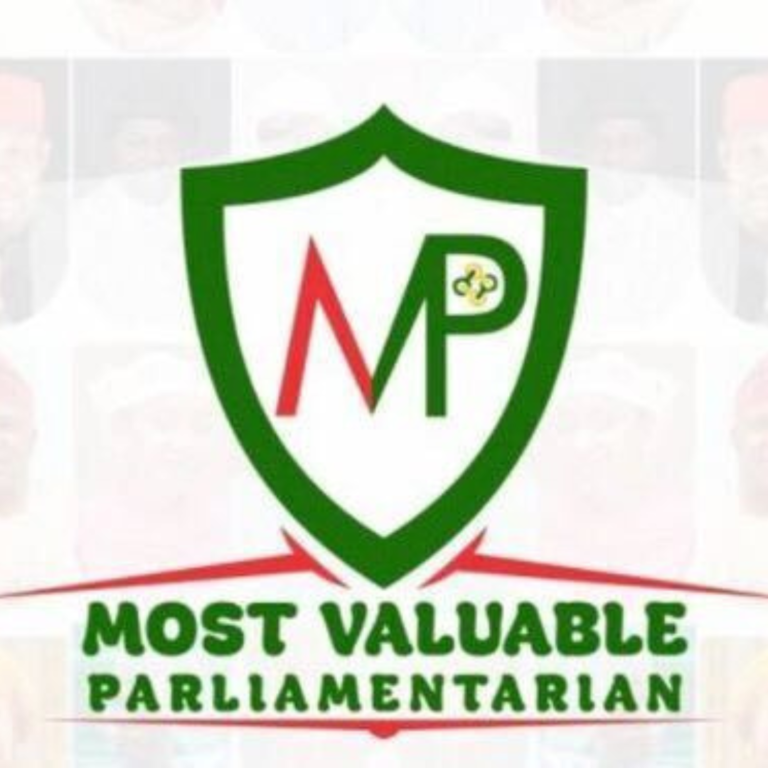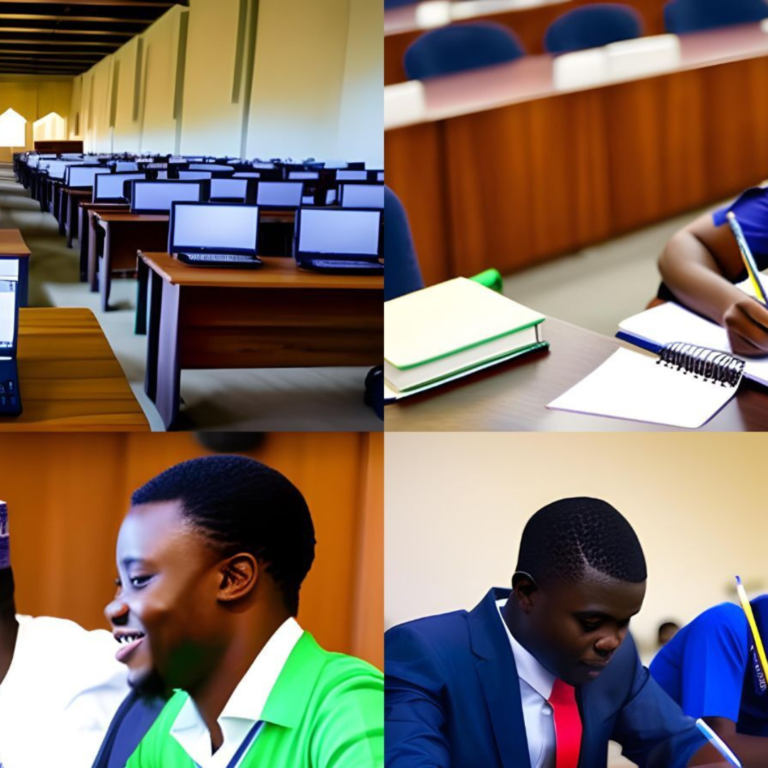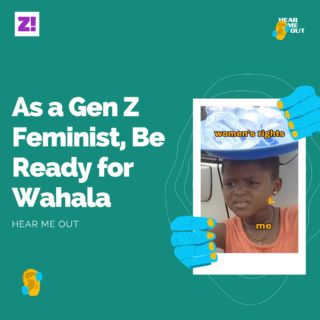By Doyin Olagunju
By now, you must have heard the news. In fact, by now, you shouldn’t be able to access Twitter — the popular social media app — through any of the licensed telecoms operators in Nigeria like MTN or Airtel, except if you’re browsing through a you-know-what.
In a statement released on Friday, 4th June 2020 at 4:53 pm, the Twitter handle of the Federal Ministry of Information and Culture in Nigeria tweeted a “Press Release”, stating that the Federal Government has “suspended, indefinitely, the operations of the microblogging and social networking service, Twitter, in Nigeria”.

The decision was met with a lot of outrage, and rightly so. But the suspension proceeded. By the morning of Saturday, June 5th, 2020, many Nigerians struggled to access Twitter.
Besides reevaluating the sudden suspension, the critical question is to review and examine if the Nigerian Federal Government has the right to suspend Twitter in Nigeria and what processes the government ought to follow to attempt to carry out such an action.
ALTON – ASSOCIATION OF LICENSED TELECOMMUNICATIONS OPERATORS IN NIGERIA
The Association of Licensed Telecommunication Operators of Nigeria (ALTON), which comprises the major telecommunication operators in Nigeria, stated that they received formal instructions from the Nigerian Communications Commission (NCC) to suspend access to Twitter (in Nigeria).
According to their released statement, based on “national interest provisions” in the Nigerian Communications Act, 2003, “and within the license terms under which the industry operates”, they have complied with the directives of the NCC.
But what do “National Interest” matters mean?
In part 4 of the Nigeria Communications Act, under “National Interest Matters”, section 147 provides that the NCC can allow a telecoms provider to implement the capability to intercept communications in Nigeria.
Section 148 of the Act also states that on the occurrence of any public emergency or in the interest of public safety,
This law means that under “national interest”, the NCC can block access to communications in Nigeria.
What is “National Interest” or “Corporate Existence”?
The Nigerian government has had a long-running battle with Twitter recently.
There has been growing insecurity in the country, including in the south-eastern part of Nigeria, where a group known as the Independent People of Biafra (IPOB) have been threatening to lead the breakaway of the Igbo people from Nigeria through whatever means necessary.
To address the violence in the south-eastern parts of the country, the president released a series of tweets stating that he was on top of the situation and that he always received daily security briefings.
In the series of tweets, he added that “many of those misbehaving today are too young to be aware of the destruction of lives and properties that happened during Nigeria’s civil war” and that the government will treat “those misbehaving today in the language they understand”.
But Nigerians did not take kindly to the tweet. They reported the tweet for violating Twitter’s community rules, and the platform subsequently deleted the tweet. A spokesperson from Twitter also added that the tweet was “in violation of the Twitter Rules”.
Perhaps, then, it is because of this issue about the president’s tweet on the civil war and the subsequent deleting of the president’s tweet that the FG has decided to suspend Twitter in Nigeria indefinitely.
In the release, the Federal Ministry of Information and Culture stated that the FG was suspending Twitter because people used the platform for activities capable of affecting Nigeria’s “corporate existence”.
So, perhaps the government feels that by deleting the President’s tweet, including temporarily suspending him, Twitter is violating Nigeria’s “national interest” and hurting Nigeria’s “corporate existence”.
But how could they think that? Twitter has routinely deleted tweets from heads of states and has even suspended the Twitter account of Donald Trump, America’s recent President, from the platform.
What is the way forward?
In any case, a suit can be filed against the federal government challenging this suspension by clarifying whether Twitter hurts Nigeria’s “national interest” or Nigeria’s “corporate existence”, including getting the definition from the court about what those words mean.
This legal action must be added to the fact that Section 22 of the Nigerian constitution mandates that the press, radio, and other agencies of the mass media shall at all times be free to hold the government responsible and accountable.
Every person in Nigeria is also entitled to freedom of thought and freedom of expression, as provided in Sections 38 and 39 of the constitution, respectively.
So, ultimately, the argument is “national interest” and “corporate existence” against “freedom of thought and freedom of expression”.
This suspension leads to the question: did the government follow due processes before suspending Twitter indefinitely or are we looking at a breach of democracy?




